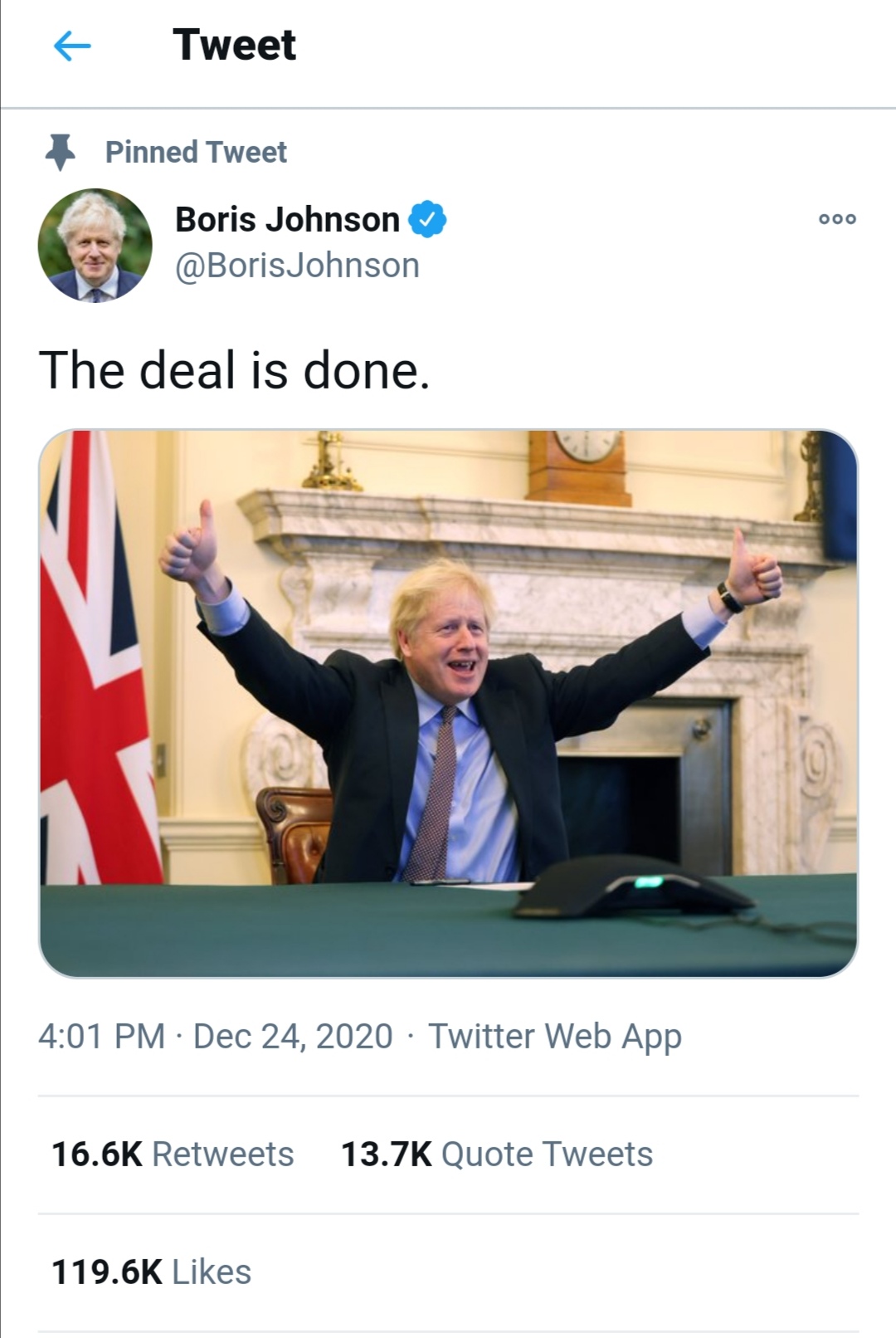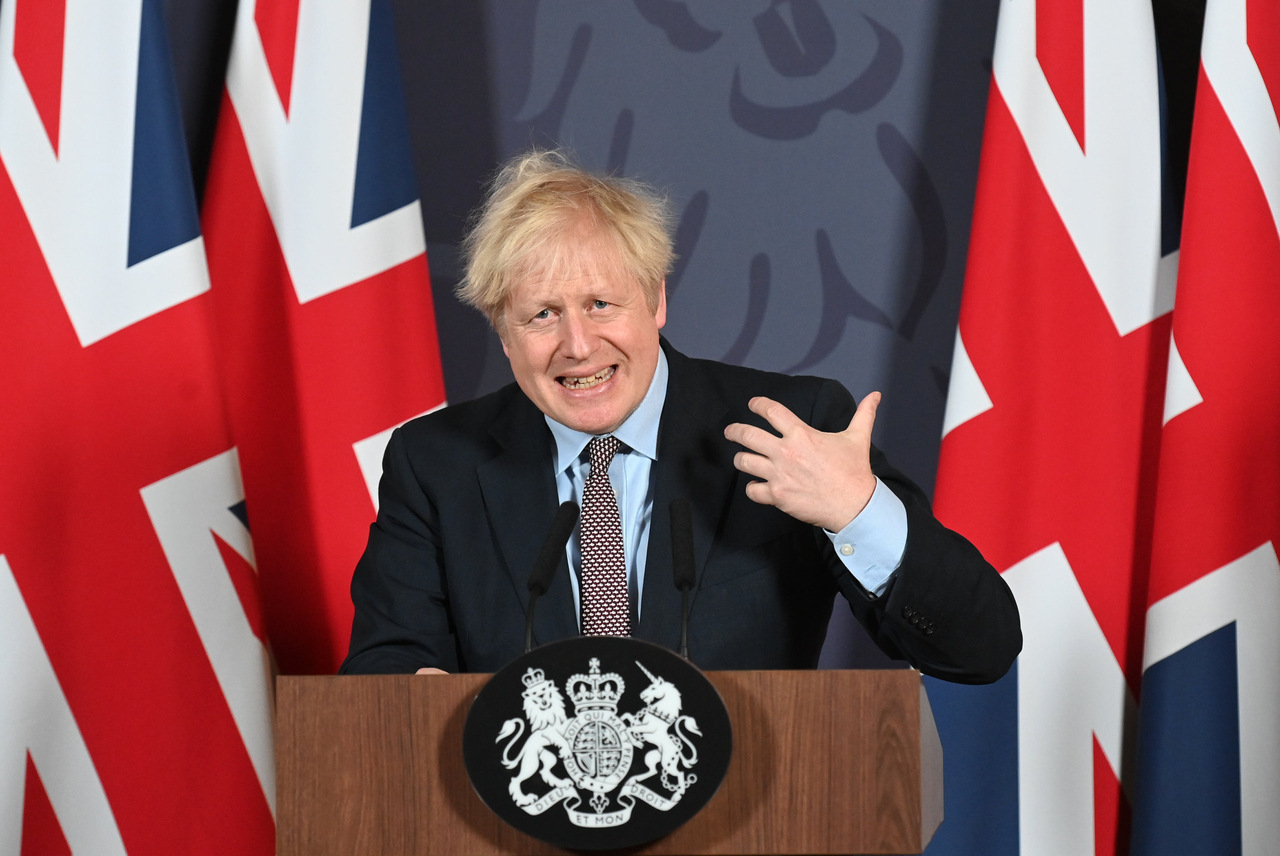What does the Brexit deal mean for Hungary from an economic point of view?

It has already been 4 and a half years since, with the Brexit referendum, the country decided to leave the European Union; moreover, the transition period ends with the last day of this year, so dealing with the issue has been quite urgent for a while now. A week ago it seemed impossible that the two parties would reach an agreement before we enter 2021, but a Christmas miracle happened when, on the 24th, Boris Johnson announced on Twitter that “The deal is done.”

We already discussed that the United Kingdom and Hungary both aim to strengthen their ties in several sectors, such as security, education, and tourism. Details of the deal are extremely important as based on numbers, the UK is one of the most important economic partners of Hungary. So what will happen to British companies based in Hungary?
According to Péter Goreczky, a leading analyst of the Institute for Foreign Affairs and Trade (KK),
“Even if there will be no comprehensive agreement on commerce between the EU and the UK, it is still very unlikely that British companies would leave Hungary. Nevertheless, without a doubt, there will be factors making the situation more complicated.”
Choosing Hungary as a destination to invest in was not solely based on the country’s EU membership. Accessibility to professionals, favourable operational costs, and the eco-system of industries all play an important role when it comes to a strategic decision of such magnitude. The investment itself is also influenced by the future role of the affiliate.
“For instance, if a British company supplies the whole EU market from a Hungarian station, there is no point in moving its distribution centre or the production to another member country,” Péter Goreczky told Index.
To illustrate the example, he mentioned that the British pharmaceutical giant, GlaxoSmithKline (GSK), announced back in 2017 the extension of its factory in Gödöllő producing vaccine ingredients. This shows that when such a huge investment is carried out, there are years of preparational work and technological and business developments behind it, which make it complicated to move these projects to other countries.
Zoltán Gálik, adjunct professor of the Corvinus University of Budapest, said that despite the almost 4-year-long Brexit-saga, these companies had probably taken the necessary steps and created their affiliates or partner companies registered in the European Union.
What about an example closer to everyday citizens, products we order from the UK? For now, when we order something from a British webshop, and the price is over 22 euros, we pay 20% of VAT. With Brexit entering into effect starting from next year, we will need to pay the Hungarian VAT of 27% on these products. Or we thought so.
On Friday evening, the British government issued details on the agreement that contain the decision on preserving the country’s zero-tariff and zero-quota access to the bloc’s single market of hundreds of millions of consumers.
However, a product would attract tariffs under the agreement if more then 40% of its pre-finalised value was either not of British origin or from a non-EU country.
Moreover, “if we order something through Amazon, for instance, and the product is produced in a partner country part of the free trade agreement with the EU, there will be no tariff imposed on this product, contrary to a product that would arrive from the UK,” Zoltán Gálik gave the example. On the other hand, he goes on to add that phone calls to the UK can become more expensive as it will not be part of the free roaming area of the EU anymore.

It seems like the two parties have managed to reach an agreement on all points of discussion, and the only thing left is to ratify it, which does require some time as the more-than-1,200-page-long document first needs to be translated to all the official languages of the EU before passing it to the European Council as the first step to accepting it unanimously.
Source: index.hu





